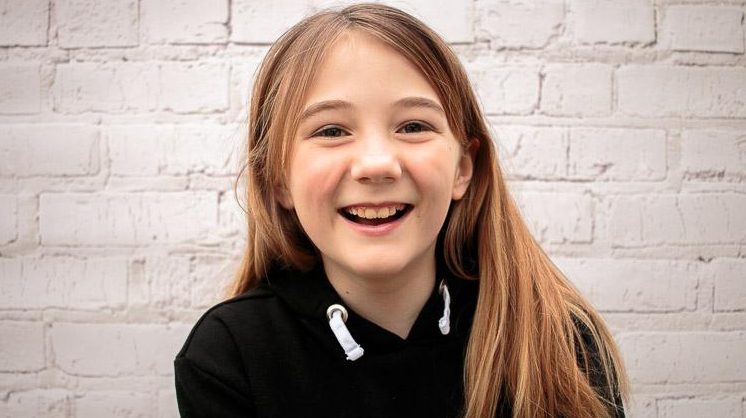
Today we’ll be sharing some top tips for parenting tweens because you know nothing. That’s not my opinion, obviously. It’s what every tween thinks about their parents.
You’re old and you’re lame and you know NOTHING about being 11, or 12.
So here goes:
My name is Sally, and I’m a terrible parent. But it’s alright. I’ve realised that everyone parenting a pre-teen or tween is a pretty terrible parent.
Parenting Tweens is Scary
Here’s the thing. You spend ten years perfecting your parenting technique on this little person, safe in the knowledge that any mistakes can be fixed. Probably.
Then suddenly they’re almost 12, and in senior school. You’re still winging it, but now the stakes are higher. Not all mistakes can be fixed.
Get it wrong, and your child might end up experimenting with drugs or alcohol to help themselves feel better. Expose them to the wrong messages about their appearance, and they might develop disordered eating. There’s shoplifting, and sexual experimentation, and depression and self-harming.
Even if your tween doesn’t experience those issues (and I hope to goodness they won’t) they’ll probably have friends who do.
This is the situation we’re wrestling with right now. In a secondary school environment, Flea 100% knows girls with disordered eating habits. She knows girls who argue with their family. Who self-harm. Who experiment with various unhealthy behaviours.
They’re girls like her. From families like ours. I don’t judge anyone in this position, because it could be any of us. Trust me, “My kids wouldn’t ever do that,” goes out of the window really fast with pre-teens.
Tips for Parenting Tweens
I worry because my pre-teen has a history of struggling with stress over things like exams. While I might try and teach her healthy ways of managing her feelings, I’m not necessarily the biggest influence in her life these days.
As parents, we need to focus on giving our tweens tools more than we focus on telling them what to do.
Obviously, kids can’t “catch” depression or an eating disorder. But contagion is a thing. Teens who see certain sorts of behaviour among their peers are more likely to try those things themselves.
I make no apology for being protective. Aren’t we all?
But I can’t ban Flea from being friends with people. It wouldn’t work, even if I did.
At this stage of parenting, then, I’m working on a three-part strategy.
Tween Parenting Tip 1: Talking
First, we talk. I talk to Flea about how to be supportive of kids who might be struggling, and some of the dangers they might face because of the things they’re doing.
I talk about how it’s important not to get sucked into someone else’s drama. And that there’s nothing so bad, or secret, or scary, that she can’t call me. She knows I will drop everything to come and help if she, or someone she cares about, needs me. No judgement, no questions (until later).
Tween Parenting Tip 2: Developing Social Support
The second of my tips for parenting tweens takes some time. I work on developing Flea’s social circle so that she has balance.
There are kids who are easy and fun to be with, and I manipulate schedules and activities, just a little bit, to encourage Flea to spend more time with those kids and at those activities.
Yes, it’s important to support friends who are having a bad time. But I tell Flea that you can’t let someone else pull you under because you’re too exhausted to keep them afloat. So don’t make one friend your whole world. Don’t become that person’s whole world.
Tween Parenting Tips 3: Trust your past work
As for my third tip for parenting pre-teens, well, third is the hardest bit.
Third, I have to trust that all the borderline inept parenting I did for the first 10 years actually pays off.
Gulp.
I have to trust that Flea knows the difference between being supportive to a friend, and being influenced by them. I have to trust that she is resilient and confident enough to make the right choices for her own wellbeing and happiness. But wow, it’s hard.
Maybe she’s right. Maybe I really do know nothing.
What do you think? Am I being over-cautious? How do you react when tweens are friends with children who you think might not be good for them?

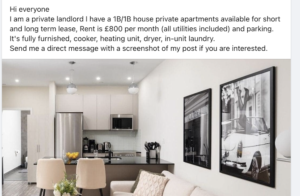
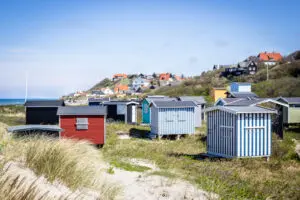

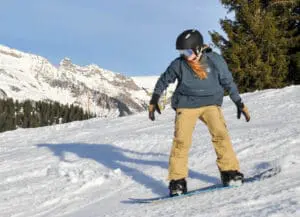

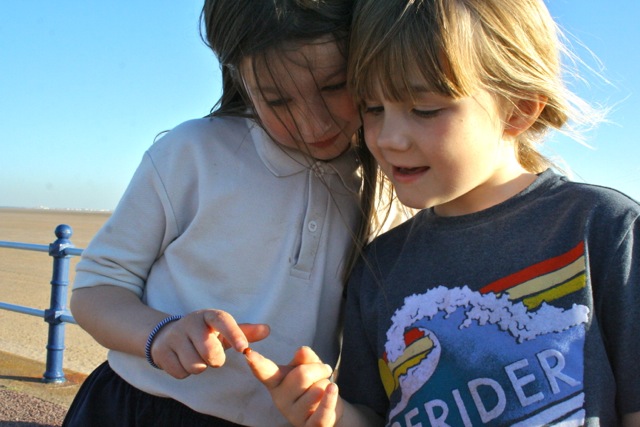
Oh my goodness Sally, you frightened me with that one! I cannot imagine for a second that you were ever an inept parent, Flea seems to be such a down to earth, confident girl and you should be very proud that your parenting has produced that. I’m totally reading your blog for tips on when my two get to that age. I agree that keeping on talking and trying to let them know that they can talk to you seems like the best thing to do.
Nat.x
Fingers crossed!
Yep, I feel your pain. This stage is definitely more tricky than any that have gone before! Feel a bit like you, that we just have to cross fingers and hope – only other thing we can do is keep on talking I guess..
I’m a few years behind you but here’s my tuppence hapenny’s worth. Firstly I think there is a lot of character involved in these behaviours which is either genetic or learned from an early age and probably a bit of both. If your child is pretty sensible and well balanced at tween age then I think you have less to worry about. You know if your child is a drama queen, prone to deep moods, or uses food as an emotional crutch.
Having said that, and as you say, talking is key. And modelling good behaviour. Though teens are greatly influenced b their peers, good family relationships go a long way to minimize peer group influence.
My DD has some schoolmates who have various issues that I hope they will sort out as they mature. Like you, I love it when she spends time with the less complicated kids but we try to be understandin g to the others. The friendships I actively discourage are nothing to do with the child and everything to do with the parents. If I’m wary of the parents because they seem flighty or irresponsible I try to keep our distance from the child.
The funny thing about senior school is you probably won’t meet the parents of the kids your child hangs out with. It’s very different and actually at this age, the children are the worry rather than parents – because it takes a WAY more confident parent than me to have no issues with my child hanging out with children who might be drinking, taking drugs, self-harming and so on. I think in that instance for me, helping her to distance herself a bit from those kids is the route we’re going to take.
As I said, we’re a few years behind you. I also think it’s different here as you do meet the parents. School here seems to be much more of a family affair.
Ah, once the kids hit their teens here the parents are not expected to be involved, except at things like community events and fundraisers. Otherwise kids walk to and from school and it’s much more independent. It’s very different to primary school where we met at the school gates – now I drop Flea off at the top of the street and she doesn’t want me to get out of the car!